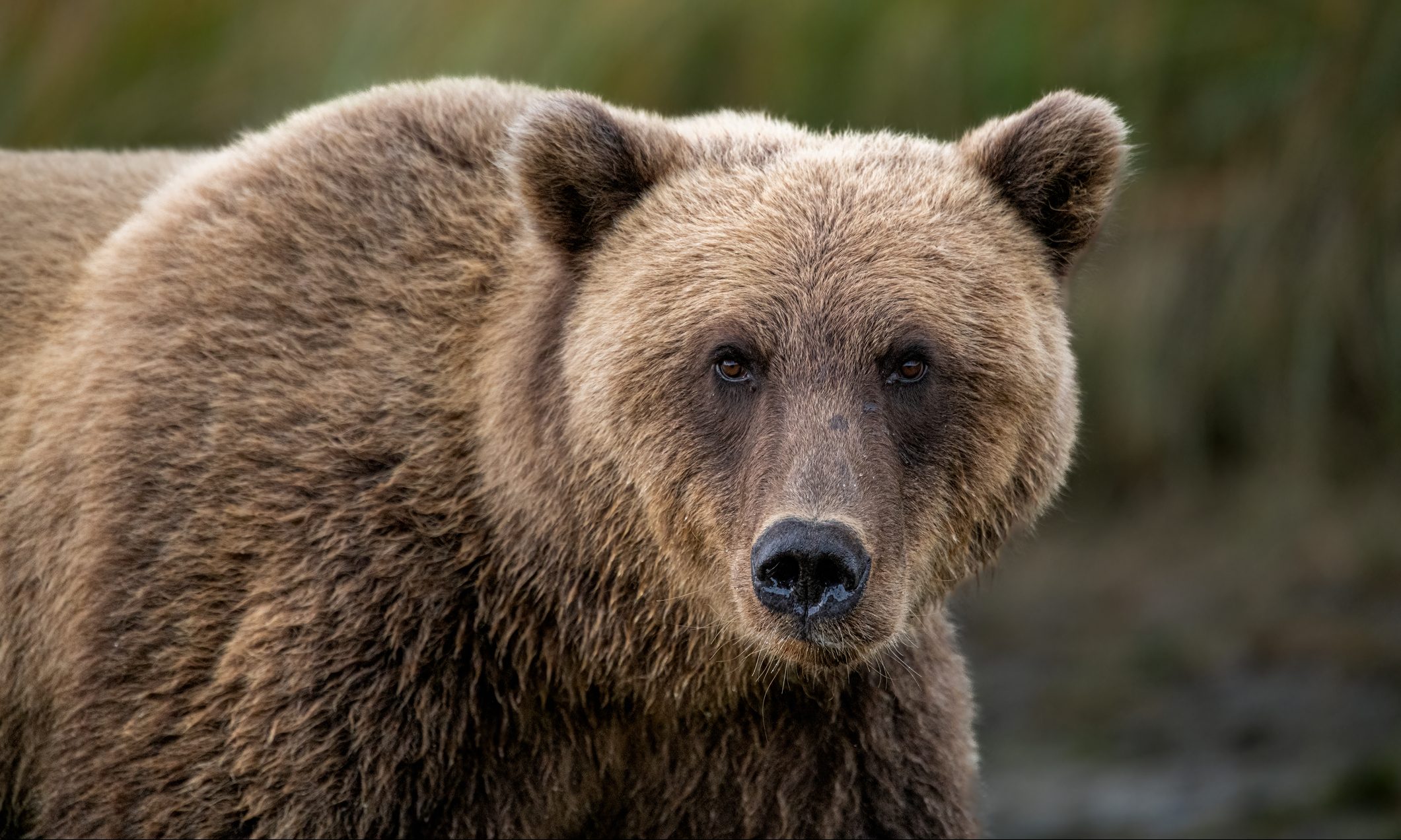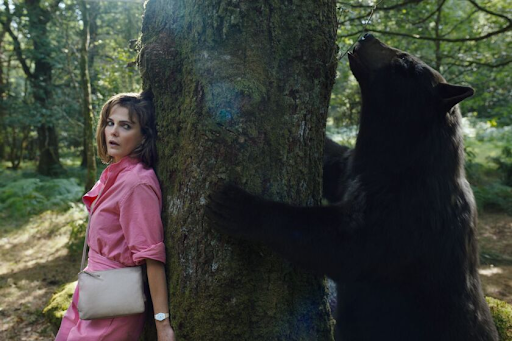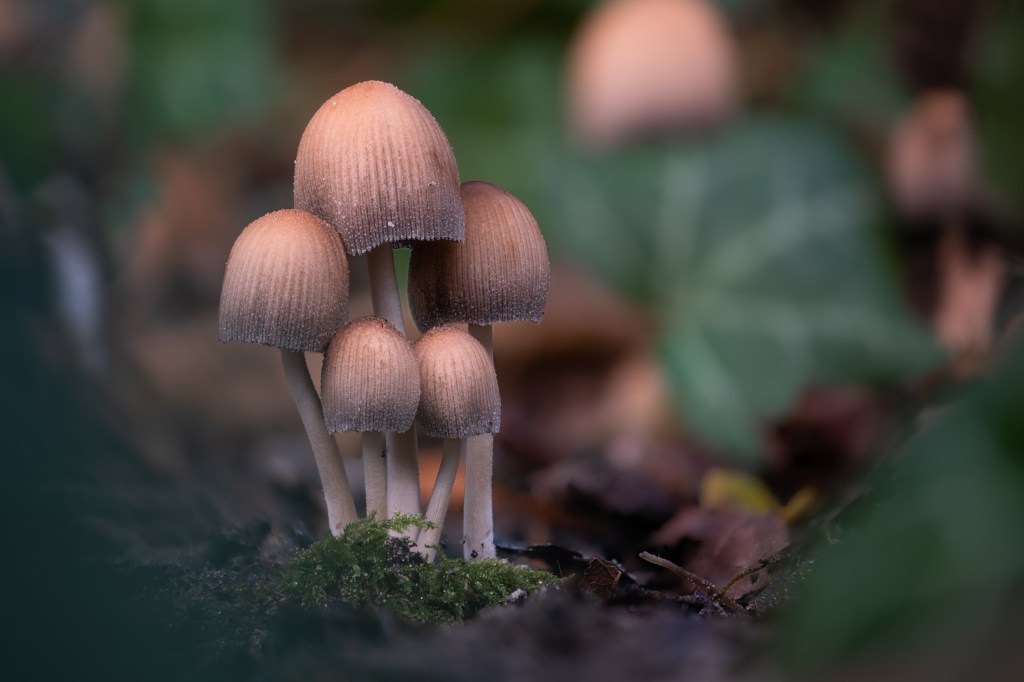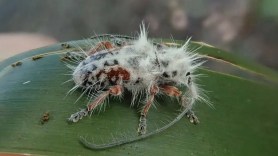

In 1985, a convicted drug smuggler named Andrew Thornton allegedly dropped 75 pounds of cocaine from a plane along the Georgia-Tennessee border before he died from a parachuting accident. The stash was eventually discovered by a bear who reportedly ingested a few grams of the powerful drug. The bear was later found deceased in the forest.
Videos by Outdoors

If it sounds too crazy to be true, you’d be partially correct. That’s the logline for Hollywood’s inane new flick Cocaine Bear, directed by Elizabeth Banks – except much of it is based on a true story. Plenty of it remains fictionalized, however: Though the bear did end up consuming the illicit substance, there was no murderous rampage that followed.
But what would happen if a bear did get its paws on the drug? To answer this question, The Verge reached out to Chris Morgan, an ursinologist and ecologist who works in conservation, to learn about the potential effects of the drug on real-life bears.
The short answer? It likely goes without saying, but bears aren’t doing cocaine. Morgan explained that they are, however, known to seek out naturally-occurring highs, such as from psychedelic mushrooms.
And mushrooms aren’t the only bear fixation. Bears have been spotted in the wild snacking on other intoxicating substances, like “mad honey,” which has its own set of psychoactive side effects. In August 2022, Newsweek reported that Turkish outlet dokuz8haber shared footage of a bear sitting in the back of a pickup truck, apparently having just consumed the honey, which originates from beehives off the country’s Black Sea coast.

This isn’t even a phenomenon localized to bears. Species like reindeer dine on psychedelic mushrooms as well, according to Psychedelic Spotlight. Deer will purposefully seek out agaric mushrooms, or Amanita muscaria, and reportedly act “drunk” afterward. It also infuses their urine with psychoactive agents.
These behaviors likely aren’t random, either. Morgan told The Verge that bears are highly intelligent creatures with the ability to remember food sources and locate medicinal plants. And while Cocaine Bear may not be a completely true story, bears are opportunistic omnivores and often seek out easy meals, even if they do decide they want to trip every once in a while.










Pingback: 50 Incredible Bear Facts, Stories, And Busted Myths - Freedomroads Open Kitchen